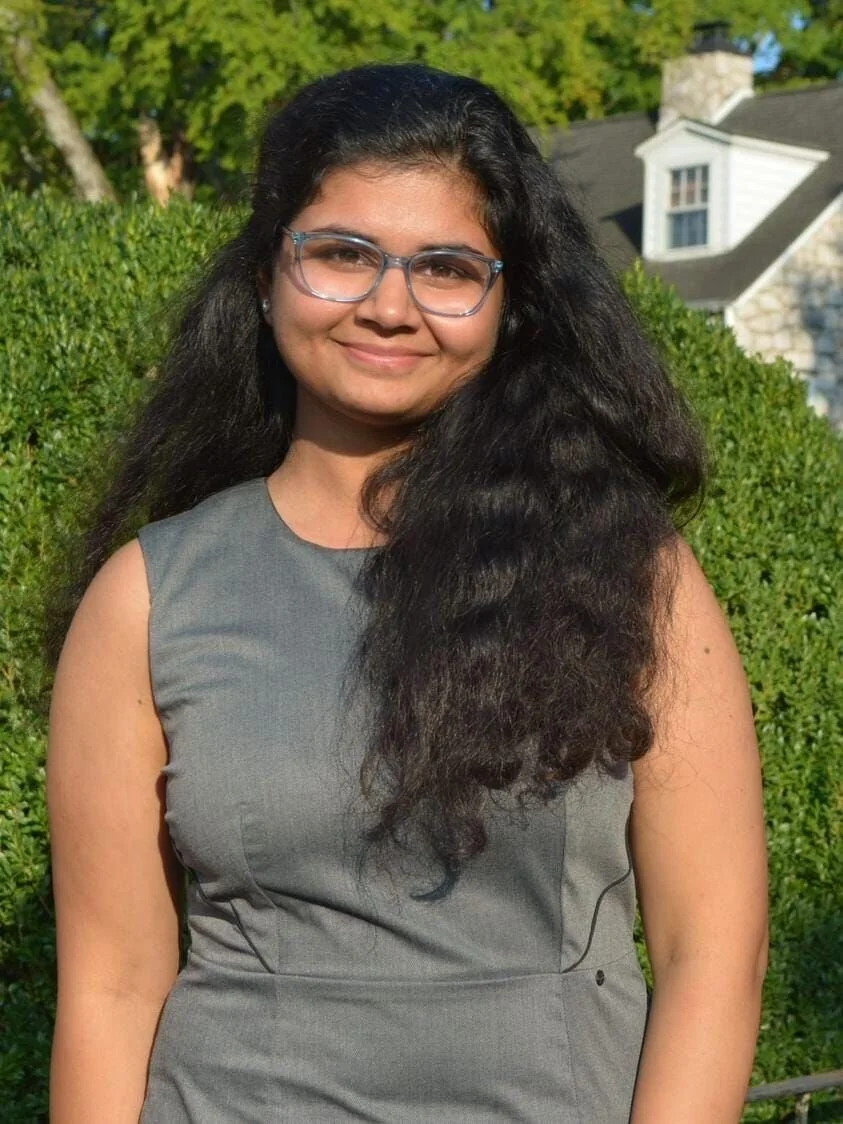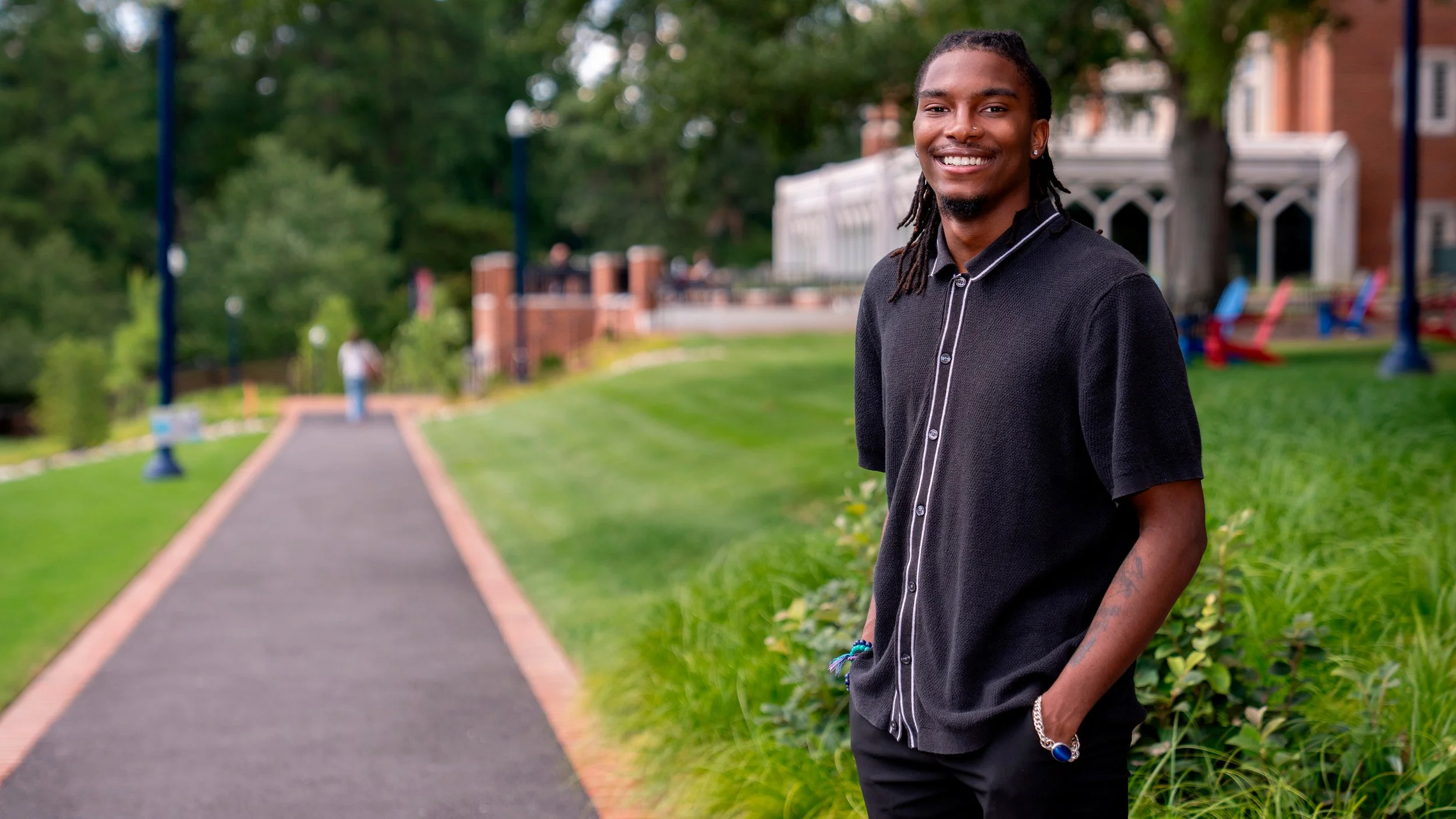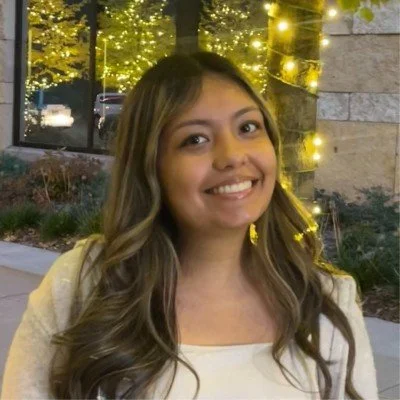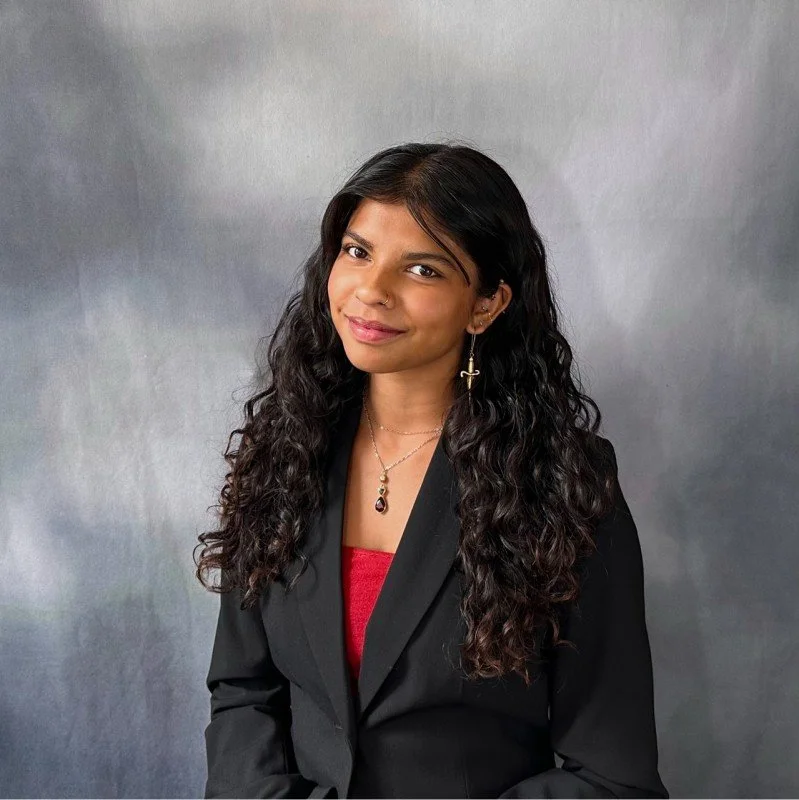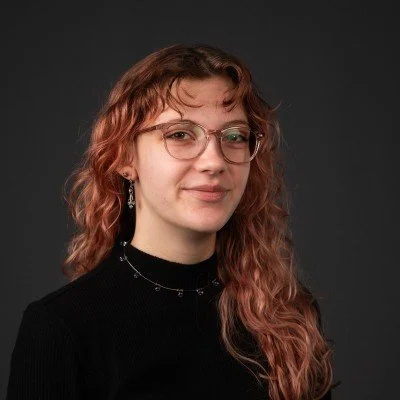We are excited to announce that five Bonners have been nominated for the Campus Compact 2025–2026 Newman Civic Fellowship!
Campus Compact, a national coalition of colleges and universities working to advance the public purposes of higher education, has named five Bonners among student civic leaders from 38 states, Washington, D.C., and Mexico who will make up the 2025–2026 cohort of Newman Civic Fellows.
The Newman Civic Fellowship is a yearlong program that recognizes students who stand out for their leadership potential and commitment to creating positive change in communities. Fellows are nominated by Campus Compact member presidents and chancellors, who are invited to select one exemplary community-committed student from their campus each year.
Through the fellowship, Campus Compact provides these students with learning and networking opportunities that help to nurture their development as civic leaders. Programming emphasizes personal, professional, and civic growth that can empower them to collaborate effectively across disciplines and create large-scale positive change.
The Newman Civic Fellowship serves as an anchor program for Campus Compact's expanded body of student-facing work. Campus Compact seeks to directly support student leadership both within and outside of the Newman Civic Fellowship, building capacity for student-led change and collective impact nationwide.
Below are the personal statements from each of the five Bonners who have been selected to be a part of the 2025-26 cohort of Newman Civic Fellows:
Abhilasha Ghosh
Maryville College, Class of 2027
Political Science and Government Major
My involvement in addressing housing insecurity began through my work with A Place to Stay, a nonprofit focused on ending homelessness in Blount County. This experience offered direct insight into the systemic issues connecting homelessness and domestic violence. Seeing these challenges firsthand solidified my commitment to tackling the root causes of social problems. In my role, I've connected clients with vital resources and actively collaborated with community partners to develop long-term solutions. A particularly impactful experience involved coordinating safe, emergency housing and support for a domestic abuse survivor, which required persistent advocacy and teamwork with other local organizations. I believe lasting change requires addressing policy and systemic barriers. My future goals involve bridging research and policy, particularly advocating for stronger protections and resources for vulnerable populations. I aspire to use my background in political science and community engagement to drive systemic reforms, eventually aiming to shape protective legislation directly. I see collaboration between nonprofits, policymakers, and affected communities as essential for building a more just and equitable society.
Devin Morgan
University of Richmond, Class of 2026
Political Science Major
I grew up in a low-income neighborhood, surrounded by environmental injustice, food insecurity, and a government that often looked the other way. My community—people who look like me—has carried the weight of environmental racism, toxic air, and limited access to healthy food for far too long. I've lived in a food desert my entire life. I've seen my single mother work herself to the bone just to keep us going. These experiences lit a fire in me early on. That fire turned into action. At the University of Richmond, I've led the charge for a campus Green New Deal, fought for environmental justice through the NAACP, and worked hands-on with organizations like Shalom Farms to address food deserts. Studying climate change across Morocco, Nepal, and Ecuador showed me how deeply connected our global struggles are, and how essential it is to fight for justice at every level. I carry my community with me in every room I enter. I believe real change begins with the people most impacted, and I'm committed to creating solutions that are bold, inclusive, and grounded in lived experience. This work is personal. It's my purpose.
Diana Reyes
Augsburg University, Class of 2027
Social Work Major
From a young age, service became an important concept to me and turned into how I could supply this to others. While growing up in church, I was actively involved and developed a deep sense of purpose and responsibility to contribute to my community. I've learned from an early age that meaningful change starts with oneself and it surrounds those around. I began to think about who I wanted to be and I wanted to be one who cares deeply about the people around me. My passion for service followed me through my middle school and high school years, where I joined clubs, participated in initiatives, and took every opportunity to be involved beyond the classroom. My desire to lead and support others naturally grew as I stepped into roles where I helped organize events and promote positive change in the atmosphere in which I was in. In college, I've taken on several leadership roles that have challenged me and helped me grow as a person. These roles have taught me how to work with different people, manage responsibilities, and speak up for what I believe in. They've also helped me gain confidence and see a clearer understanding of what kind of leader I want to be. Someone who listens, supports, and cares.
Kaviya Chidambaram
Colorado College, Class of 2027
International Political Economy and Environmental Studies Double Major
As a young person today, it is easy to feel like the world is burning and there is nothing we can do to fix it. I want to counter youth political apathy and climate anxiety with hope and connection. Young people will bear the brunt of the climate crisis, yet we are often denied the political power and voice to make changes that are vital for our future. I work to support underrepresented changemakers in recognizing the power we have as the leaders our communities need.
This looks like education on the power we hold in shaping our governance, building and empowering a community that leans on each other, and connecting students with their elected officials while mobilizing youth to get the people we need into office. At the core of this work is creating tangible action items that empower young people as changemakers. This requires strengthening partnerships between community coalitions, policymakers, and students to build congruence in action. I am eager to share and expand on this process by connecting with other passionate students through the Newman Civic Fellowship.
Rhea Clayton
Berea College, Class of 2026
Peace & Social Justice Studies and French Double Major
When addressing social issues, I believe the first step is to understand the root cause. It is important to talk with people impacted by public problems to understand the systems contributing to the issue. To develop effective solutions, those affected need to have a voice at the table. Judgment-free education is a next step. Although it can be difficult, it is necessary to listen to people's perspectives and meet them where they are. Opening a space for asking questions, sharing experiences, and listening is the most productive way to build community and work toward collaborative solutions. These are two of the most important aspects to a democracy: having the ability to make informed decisions and think critically about the systems in place.
I bring these approaches to my own advocacy work: learning what people need, doing my best to meet those needs, and fostering education. I am a leader in CELTS, Berea College's community-engagement center, where I focus on advocacy through service and creating partnerships with local community organizations. Additionally, I am President of Gen Action, a reproductive justice organization on campus that holds educational events on reproductive rights and sexual health, distributes contraceptives, and holds peer-to-peer education sessions.
Other campuses in the Bonner Network that had students recognized include: Bates College, Brown University, Macalester College, Rutgers University - Camden, Spelman College, and University of Mississippi. Learn more about the fellowship at compact.org/newman-civic-fellowship. You can read more about each of the student leaders selected for this year's cohort at compact.org/newman-civic-fellowship/fellows.

